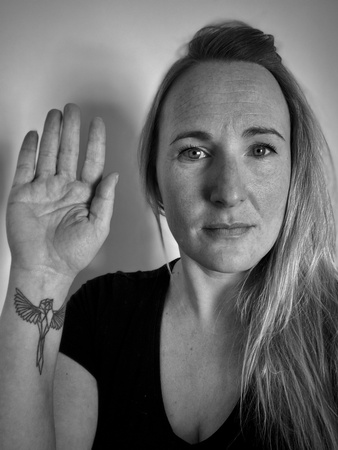Challenge your thinking.
Are you planning to recognise International Women’s Day next week?
And this question doesn’t go out just to women. We should all focus on women’s rights. It’s important that we do. There is a natural, subconscious bias that we are all guilty of.
In July 2020, a study measuring global perceptions linked to gender by New York University found that men are more likely to be seen as ''brilliant'' than women. The work concluded that these stereotyped views are an instance of implicit bias, revealing automatic associations that people cannot, or at least do not, report holding when asked directly.
Another study based over 30 years found that gender stereotyping from 1983 to 2014 actually got worse, not better. Would you have guessed THAT outcome?!
Mercer identified five cognitive biases that are impacting our ability to hire or promote talented women within our organisations:
- The Affinity Bias - we tend to hire people like us. Since men are over-represented in many professions and in leadership in many companies, the presence of this will only escalate this problem.
- The Culture-fit Bias - we tend to favour people who we perceive are part of our group, and likely to fit in with us in a comfortable way.
- The Confirmation Bias - we will search out, interpret, focus on and remember data in a way that confirms our preconceptions. If we believe women are not as driven to succeed, for example, we will find evidence to support that and perhaps pass on a female candidate.
- The Halo Effect - we observe a positive attribute of someone and use it to assess everything else about that person. An attractive person is also bright, kind, industrious, charming, and generally a desirable hire, while an unattractive person is often seen as less bright or pleasant, and undesirable… and this has been shown to disproportionately affect women.
- And Gender Stereotyping Bias. This affects not only what we think people are capable of, but what they’ve achieved. According to one study, women’s performance reviews contained nearly 2x the amount of language about being “nice“ or “warm” than men’s.
Yes, there IS a natural, subconscious bias that we are all guilty of. It’s biological. And that’s why we need to be aware. We need to stay alert.
And THAT’S why I’m pleased that 2021’s IWD theme is #choosetochallenge.
Challenge your thinking.
Challenge yourself.

This is my commitment, and for Small Made Mighty, to choose to challenge inequality, call out bias, question stereotypes, and help forge an inclusive world.
